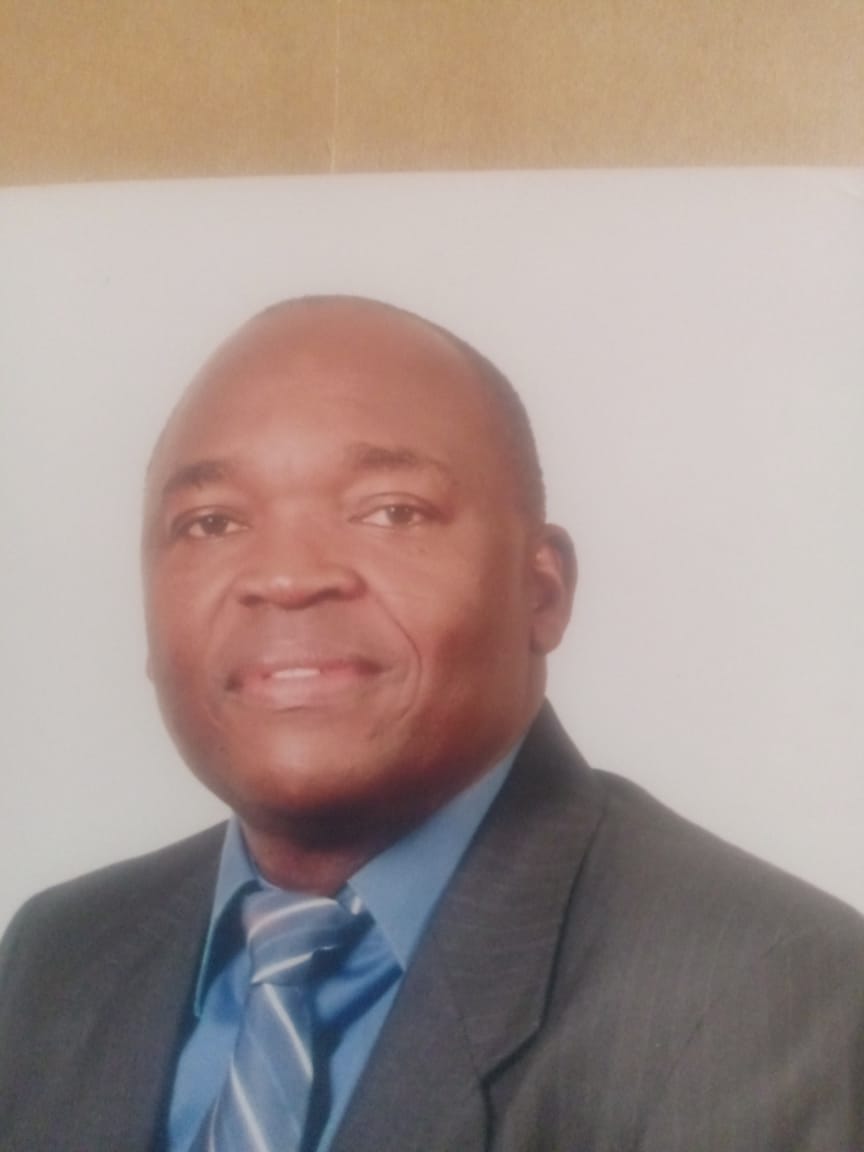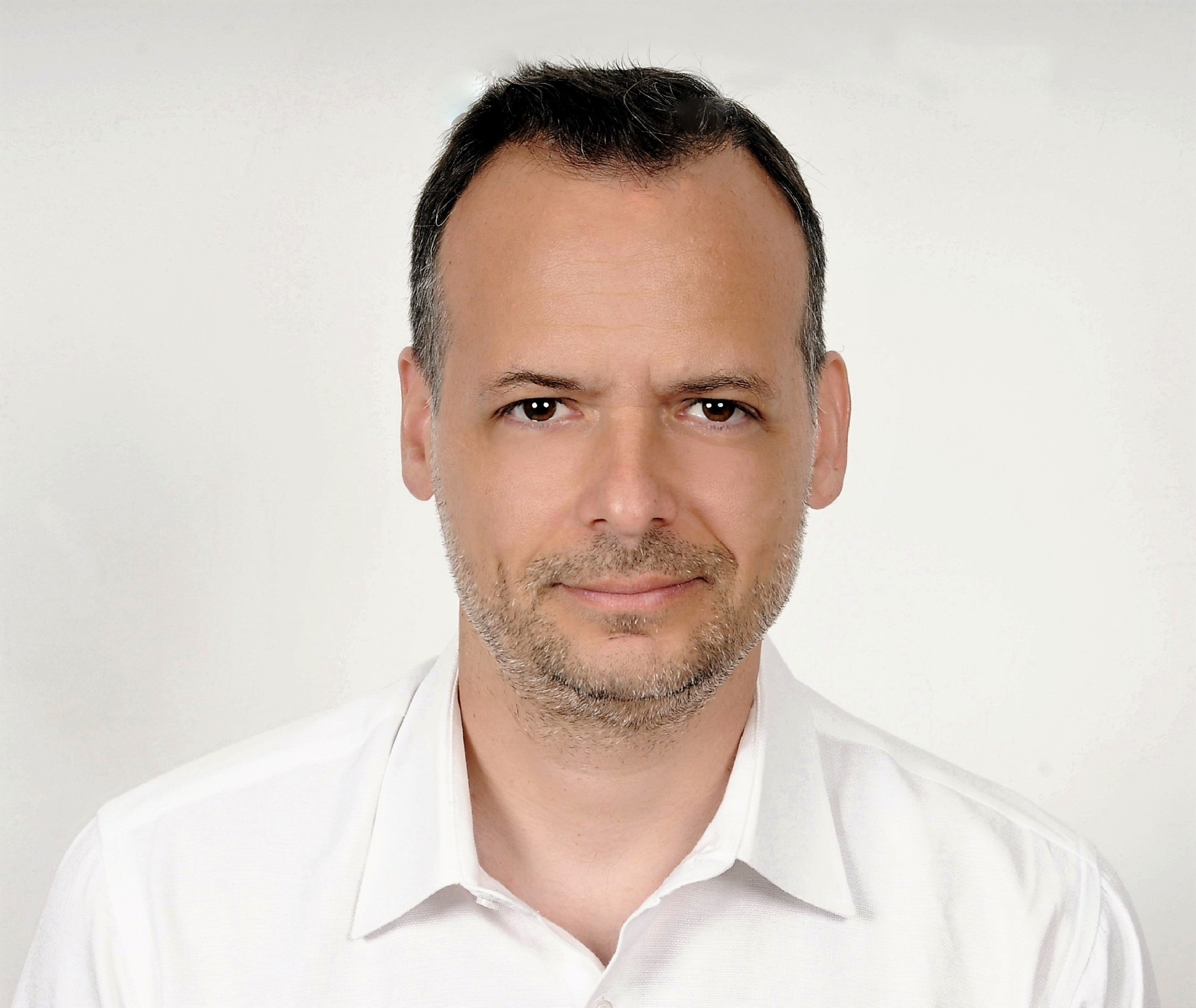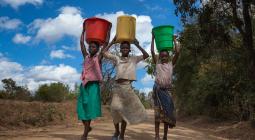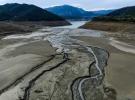What role can EU play in Africa’s clean energy transition?
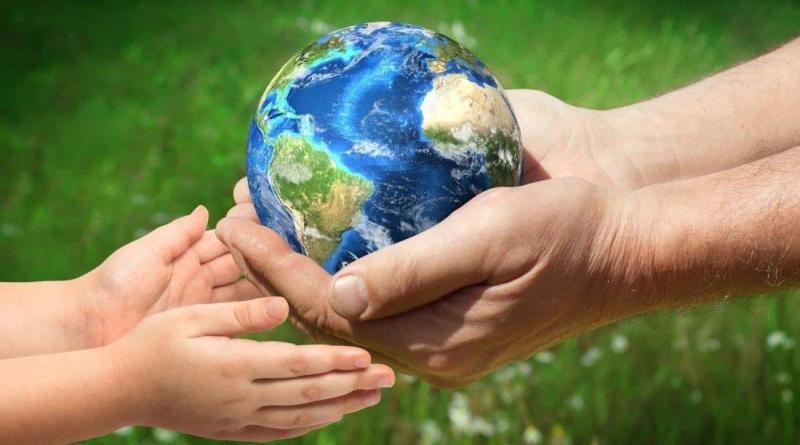
Africa is a continent craving for change and in dire need of major transformations. It is a continent with a high population growth, estimated to be home to 25% of global population by 2050. This, in conjunction to the conditions prevailing in most rural areas, characterised primarily by lack of (clean) energy access, currently leads to excessive urbanization, where the passionate, talented, eager to improve their lives, young generation is frustrated. This is not sustainable and needs to change drastically. Of course this, as expected, is made worse by the climate crisis.
We certainly live in very intense times, where the global dimension of almost everything comes often to play. Globalisation has reached such a point that the “butterfly effect” has taken a whole new dimension and it doesn’t only concern chaotic systems, but applies equally what were once thought to be orderly systems. The global effects caused by the Ukraine invasion being, the latest such globally disruptive event.
However climate crisis, which of course, is the most obvious and most threatening example of globally reaching consequences and the fact that it is in a process of rapid development, dictates immediate response.
State of developing climate crisis
While it’s impossible to predict what lies ahead for our planet, the writing on the wall is quite clear to allow for science based educated predictions. We can certainly identify and bring to bear insight into some of the most critical factors and forces which will shape the possible trajectories for the environment in the next decades to 2050 and beyond.
Humans born today will be in their 30s by 2050 and will be struggling to survive and cater for their families, on a hostile truly blue planet, unless we change course.
We can name the main parameters, which determine the current state of climate affairs and which will shape the future and we can split them into climate disasters already upon us and climate shocks waiting around the climate corner
- Increased Heat waves, Wild fires, storms, droughts, flooding,
- Worsening shore erosion, sea level rise, ocean acidification, coral bleaching, land degradation, atmospheric pollution
- Breakdown in the Water-Food-Health nexus
- Biodiversity threatened, species extinction continuing unabated
And yet to come:
- Overshooting the 1,5oC temperature limit, and causing overturning of climate tipping points leading to runaway climate crisis, such as:
- Greenland ice sheet melt
- Antarctic ice sheet melt
- The Gulf Stream flow slow down
It’s further worth mentioning that there are climate related issues that we have not really taken into serious consideration yet, such as:
- Methane emissions from fossil oil & gas industry
- Methane sea bed pockets in danger of releasing their contents
- Fast rising Climate migration, soon to be no 1 international climate issues. Especially people from Africa - soon to be 25% of 9.5 billion global population without or with inadequate energy access and already suffering from climate disasters – will have no option but to abandon their homes and seek a new life in the north. Where will they settle, in numbers estimated in the hundreds of million according to UN?
- Land-property value loss
- Insurance costs skyrocketing
- And of course there can be climate induced geopolitical conflicts
This is the current state of affairs.
No matter how efficiently, successfully and quickly humanity tackles climate change and stops it worsening, its effects will be with us for decades to come.
Hence humanity’s agenda is twofold:
- To mitigate, halt and slowly reverse climate change, a process that will more likely see results in the next century.
- Adapt as best to a climate crisis which is going to get worse before it starts getting any better.
Africa at the heart of the climate emergency and the energy transition.
Against this background is worth keeping in our mind that Africa’s contribution to climate change is negligible, and yet it is already feeling the worst of the climate disasters presented above. It is further important to remember that Africa’s resources natural and human have helped build wealth elsewhere.
So given these two considerations and limiting the scope of this analysis to energy, SDG7 becomes a one way highway. However we should not lose sight of the fact that SDG7 is not about providing energy access, but clean and affordable energy access. And of course affordable is defined by the standard of living of the recipient and not the revenues aspirations of the energy provider.
Furthermore currently there are approximately 600 million poor people without any energy access (and over 2 billion without clean cooking). As things stand at the moment is likely that this number will increase before it begins to decrease.
Therefore and given that SDG’s are not an option, but the minimum requirements for an acceptable standard of living, for minimum quality of life, while SDG7 is the pillar of just transition as the nexus of clean water-food-health-hygiene relies on energy access and Renewables is the pillar of clean energy just transition, the following are some of the pathways open for Africa to leapfrog over fossil fuels and land in the renewables space:
- Electrification: currently globally almost 80% of Total Final Energy Consumption is derived from fossil fuels, because although we are making headway in clean electricity generation, Heating cooling and transport lack far behind. Hence electrification of everything possible. For Africa this in most cases does not mean transition to electrification but introducing electrification as many sectors are underdeveloped.
- Emissions from manufacturing: alternative clean processes (use of hydrogen and/or biofuels) and electrification where feasible. The same applies for manufacturing in Africa and hence any new plants so target the introduction electrification and/or alternative clean fuels
- Transport and especially shipping and aviation are the remaining huge “dirty” elephants in the room: electrification, hydrogen, and alternative biofuels. For Africa transport electrification is an opportunity to create areas for new economic development as its transport system especially transnational and transcontinental is in dire need of upgrade and transformation.
- Global energy system transformation is needed requiring large scale funding and focusing on just transition and welfare of communities on transition. This is central to Africa’s transformation, because transmitting clean energy is as important as producing and currently Africa lacks the infrastructure. Hence a huge comprehensive continental and national programme of electricity grid extensions is badly needed. This of course will afford the much needed economic development prerequisite to Africa’s well being.
- Of course there is always room for energy savings actions and energy efficiency applications.
- Sustainable agriculture is another key area where Africa can excel and instead of facing crops shortages to reach a point of having crops surpluses.
- Environmental protection of land, forests, rivers, lakes and sea and their revitalization where the damage is already done is a no brainer.
- Environmental management is equally vital in creating a prosperous Africa: Circular economy, consumption minimization, waste management, control plastic culture and most important to stop using Africa as the dumpster of Global North.
- The required energy transformation will bring about colossal changes in the economy, with the creation of new markets and new professions. Some examples are the countless energy players through Renewables which offer themselves to dispersed decentralised and stand alone uses, as of course the Ev’s revolution in transport which will create new opportunities, through, for example, new charging stations and gradual replacement of gas stations and even (already happening) a new market of battery exchange, created to bypass the long charging times
Applying common logic, urgently, for Africa.
We face no real technological challenges. Solar and other RES are going from strength to strength and storage and hydrogen are fast rising up to the challenge.
The real problem is that the economies and the markets in Africa are not similar to European ones. They have many complex interlinked problems that clearly define the African market as a market not ready for normal business practices. As a result companies cannot venture in a way similar to EU countries: support is needed all around.
We have the technology to generate and transmit energy anywhere. But if we cannot guarantee paid consumption a market cannot exist. Paid energy consumption comes either by means of economic development or by subsidies.
If we consider the European markets in the 80’s and 90’s and even early in the 21st century we can make an endless list of the support measures and policy regulations, provided for market uptake of renewables and clean energy transition.
Doesn’t Africa deserve the same treatment?
Perhaps EU can start by assisting far more actively in the following areas:
- Helping Africa achieve Trans Sub Saharan Enabling Environment for the introduction and expansion of the energy transition
- Create the enabling environment for public sector, private sector and rural communities to coordinate, cooperate and co-create, in the clean energy transition (Policies, Regulation framework, Directives)
- Start with subsidies until the African economy develops enough to stand on its own feet in order to continue unaided and unhindered
- Aligning SDG’s with ESG’s can be a source of funding subsidies
- The much discussed and sought after in COP’s Climate Financing can do wonders in this area
- Some tools that may help:
- Direct and support the deployment of solar power & storage for productive uses: this creates wealth for users and they can meet energy expenses and expand
- Support and organise teaching and training initiatives for local youth in installation operation and maintenance of RES units
- Support the local manufacture/assembly of Balance of Plant equipment items, recycling units etc
We believe this to be a win-win plan for all, primarily for Africa and above all another win in the war to tame and eventually reverse climate change.
- Dr. Ioannis Tsipouridis, Director Renewable Energy & Climate Change Research Centre (RECCReC), TUM, Mombasa, Kenya
- Dr. Michael J. Saulo, Registrar Partnership, Research and Innovation TUM, Mombasa, Kenya
- Ass. Professor Haris Doukas, Energy Policy Unit, NTUA, Athens Greece

